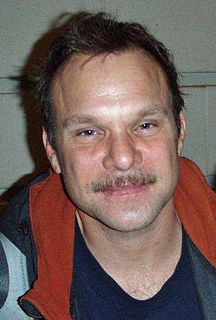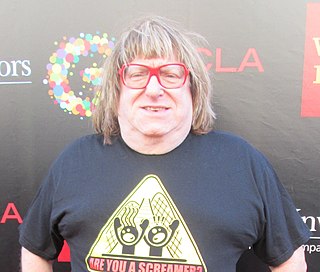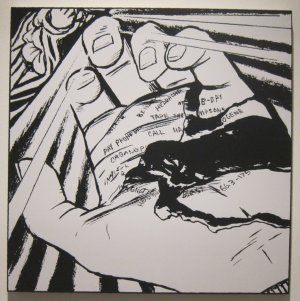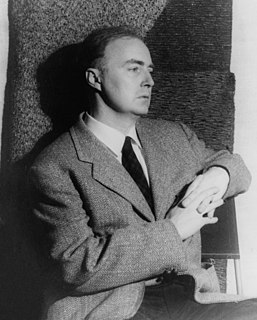A Quote by Norbert Leo Butz
I was in the original cast of Wicked, and that got a bad review in The New York Times, and it’s the most successful thing that’s ever been put onstage.
Related Quotes
One thing I noticed over time is that if I got a bad review, usually the bad part of it was at the very end. I could tell that nobody read the whole review because they would just say, "It was great to see the review!" In a way, my brain shuts down at the end of an article. It doesn't really want to go to the end.
Recently it's become much to my surprise, something that does happen. For example, I used to get almost all of my stories, and it's probably still true, from newspapers. Primarily from The New York Times. No one ever really thinks of The New York Times as a tabloid newspaper and it isn't a tabloid newspaper. But there is a tabloid newspaper within The New York Times very, very often.
James L.Brooks is just a very original person. So that was definitely the luckiest, most important thing that happened to me [meeting him]. Then I guess also meeting Ben Stiller. He cast me in the only thing I think I ever auditioned for and got: Cable Guy [1996]. And that led to us becoming friends.
As a journalist, I never critiqued anyone. I never review books. I've never felt qualified as a musician to say whether someone is a good musician or a bad musician. What happens with Black writers and Black artists is that if you're critiqued, for example, by a Black historian who wants to get his name on the cover of "The New York Times," and he says something, like, wacky, well, he'll get his name on the cover of "The New York Times" and he might get tenure, and your career suffers.


































